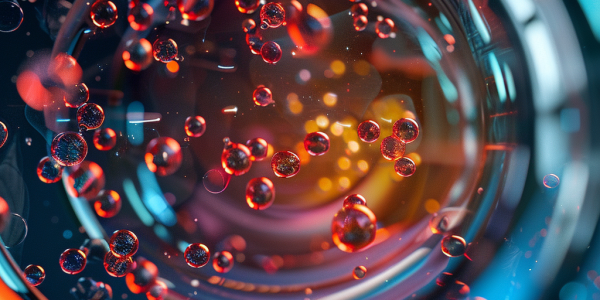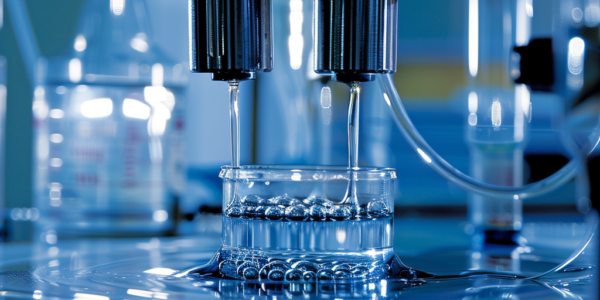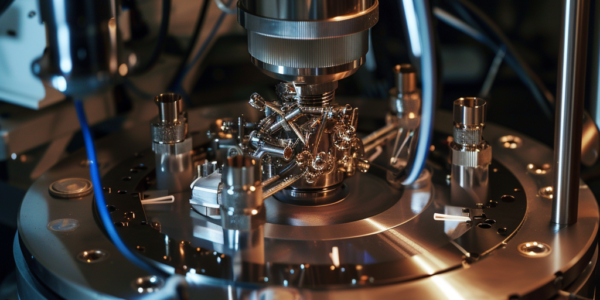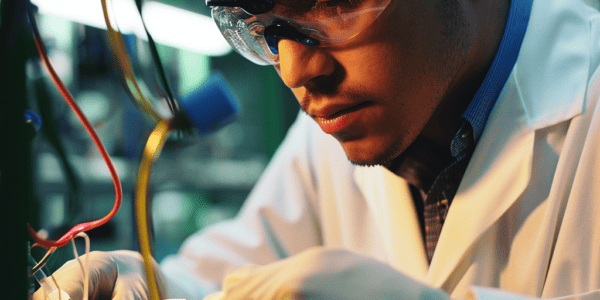New Method Promises Early Detection of High-Altitude Brain Injury
A groundbreaking study published in Angewandte Chemie International Edition reveals a new method for early detection of high-altitude hypoxic brain injury (HHBI). Researchers from Zhejiang University utilized advanced in vivo electrochemistry to monitor brain oxygen levels, providing critical insights into HHBI risk for climbers and residents in high-altitude areas. This innovative approach could revolutionize altitude sickness management, enabling timely interventions and improved health outcomes.
Revolutionary Technology Allows Unprecedented Insights into Catalysts at Atomic Level
Berkeley Lab’s groundbreaking new technology offers unprecedented insights into catalysts at the atomic level, shedding light on essential electrochemical reactions powering technologies like batteries and fuel cells. The specialized polymer liquid cell coupled with transmission electron microscopy allows real-time observation of catalyst surface atoms interacting with liquid electrolytes, enabling researchers to track composition changes at different stages. This innovative approach not only deepens understanding of catalytic processes but also holds promise for enhancing the efficiency and sustainability of diverse technologies.
New Paths to Optimize Electrochemical Processes
Scientists have found new paths to steer and optimize electrochemical processes, essential for the transition to renewable energies. The discovery of new ways to fine-tune electrochemistry opens up exciting possibilities for the future of renewable energy and sustainable chemistry.
Breakthrough in Carbon Dioxide Waste Conversion
McMaster University researchers, in collaboration with experts at Copenhagen’s Danish Technical University, have made a breakthrough in carbon dioxide waste conversion. Their research focuses on an electrochemical process to capture and restructure carbon dioxide into fuel and plastics, offering promise for mitigating air pollution and creating valuable products. The study’s findings have significant implications for the advancement of carbon dioxide conversion technologies and sustainable waste management.
UChicago Chemists Make Groundbreaking Discovery in Electrochemistry
UChicago chemists have made a groundbreaking discovery that could revolutionize the field of chemistry. In a recent study published in Nature Catalysis, researchers found a way to use electricity to enhance a type of chemical reaction commonly employed in the…





